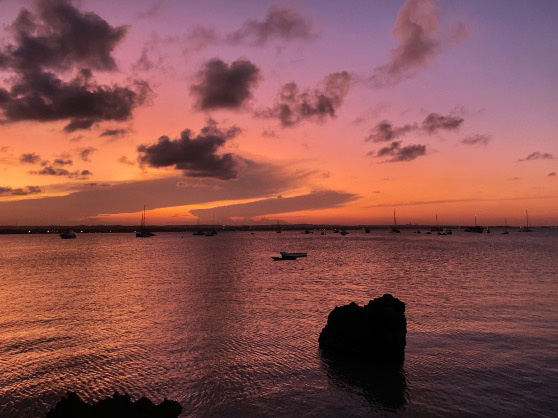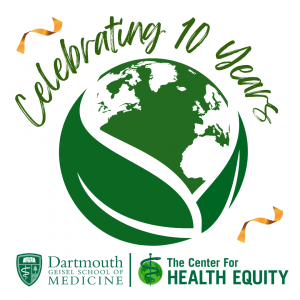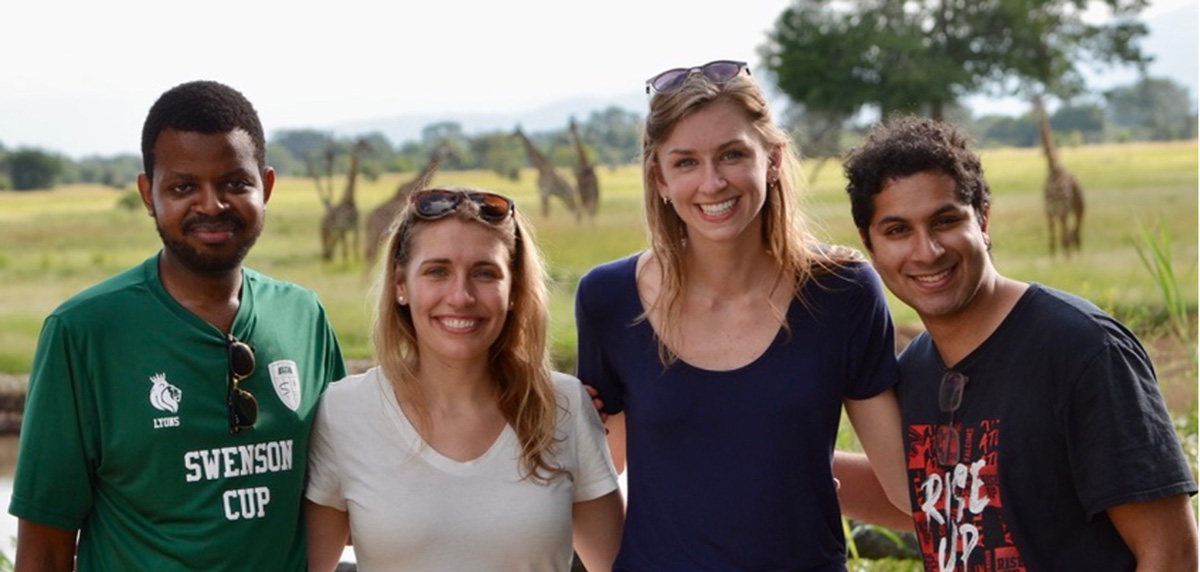
The DarDar bilateral medical student exchange program between the Geisel School of Medicine and Muhimbili University of Health and Allied Sciences in Dar es Salaam, Tanzania, resumed after a brief pause due to the pandemic.
Izhar Mbarani MED ’22, Kate Miller MED ’22, and Sathvik Namburar MED ’22, participants in The James Stickler Clinical Elective in Global Health, and Sara Ratican, MED ’22, The Ford von Reyn Research Elective, traveled to MUHAS in April and spent four weeks immersed in Tanzanian healthcare and culture.
Participants share reflections of their experiences.
Izhar Mbarani MED ‘22
James Stickler Clinical Elective in Global Health
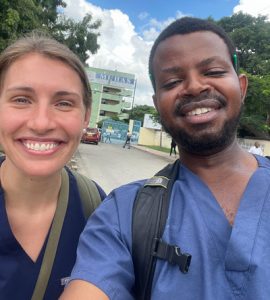
Dar es Salaam whose name translates to Abode of Peace, may seem like quite the opposite at first glance. I reported to Muhimbili National Hospital’s infectious disease/neurology/pulmonology ward. The ward was a large room with about thirty beds arranged in rows of five. On Tuesdays and Fridays, major ward rounds occurred with teams of about 15 attending physicians and specialists congregating around the patient beds to discuss the patients’ care. Quickly looking across the room would perhaps suggest chaotic chatter, but listening closely to the dialogue, revealed introspection and learning.
I recall a patient previously diagnosed with HIV and Hepatitis B. He was admitted to the ward with persistent diarrhea, general malaise, and a very low CD4 count. The patient expressed that he was not fully adhering to his HIV therapy because he feared his prescription would run out and therefore took his medications every other day. During rounds, he was provided with vouchers to help with his prescription refills and was told that taking his medications daily would likely lead to a rise in the CD4 count as well as resolve the cryptosporidium infection that was causing the diarrhea. His facial expression shifted from anxiety, to a hopeful one. He was at peace.
Even in an environment that may seem chaotic, it is quite possible to find peace and moments of reflection. It was a remarkable experience exploring Dar es Salaam and its culture. Indeed, there is no place like the Abode of Peace.
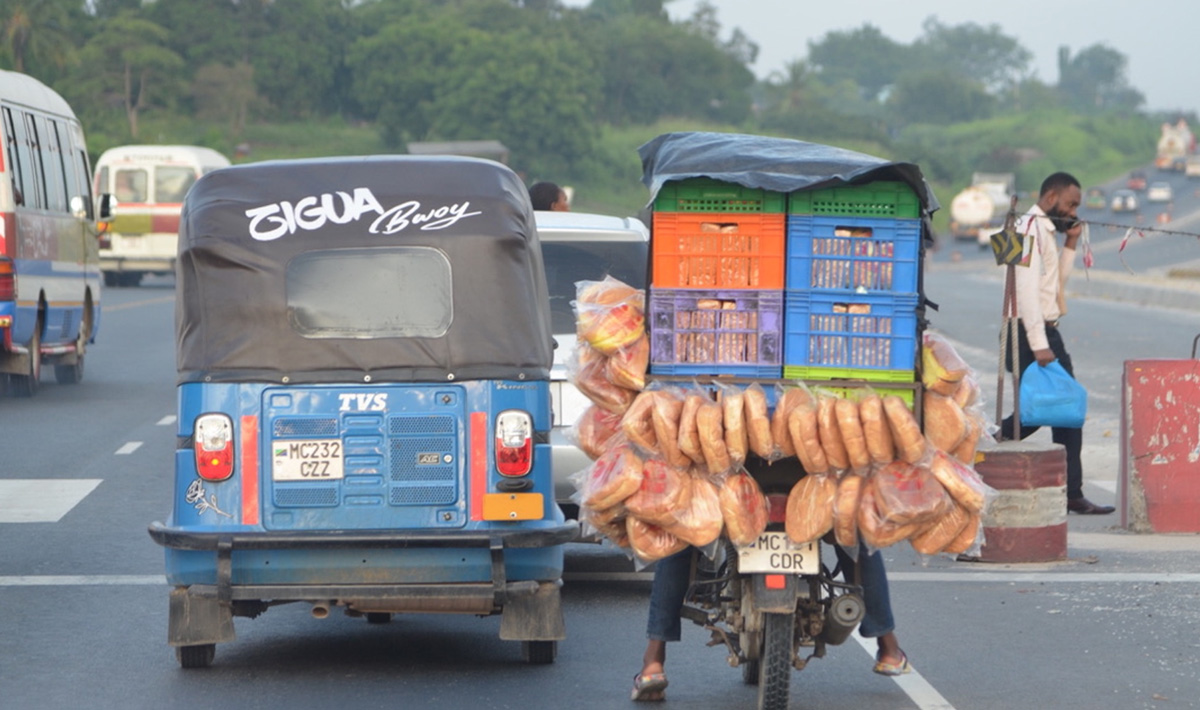
Kathleen (Kate) Miller MED ‘22
James Stickler Clinical Elective in Global Health
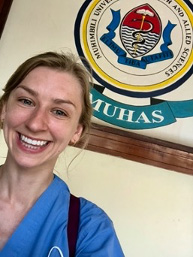
I initially thought my experience in Dar es Salaam would focus on treating communicable and tropical diseases - instead, I was able to see first-hand and learn about the burden of non-communicable diseases through my time on the oncology and neonatology wards.
On the oncology ward, I was introduced to TLM (Tumaini La Maisha), which means hope for life in Swahili. TLM is an NGO that has been working to reduce mortality among patients with cancer for over ten years in Tanzania. Their initiatives to improve survival for patients with cancer was about 30% when they began and is now over 50%, thanks to their impressive efforts. All cancer treatment and care are provided for free to patients and their families.
On the neonatology ward, I saw Kangaroo care utilized to help premature babies or low birth weight, regulate the baby’s temperature, improve bonding, and establish effective breastfeeding. There were some routine practices that were so different from the ones I am familiar with - for example, having all mothers visit their children at the same time (which could be as many as 25 mothers and 25 babies in one room) every three hours for breastfeeding, and often feeding their baby from a cup. I am so grateful to have received the Strickler Fellowship for Global Health. I am really hopeful that I will be able to return to Muhimbili National Hospital later in my training to continue building on the relationships and collaborating to care for patients and their families.
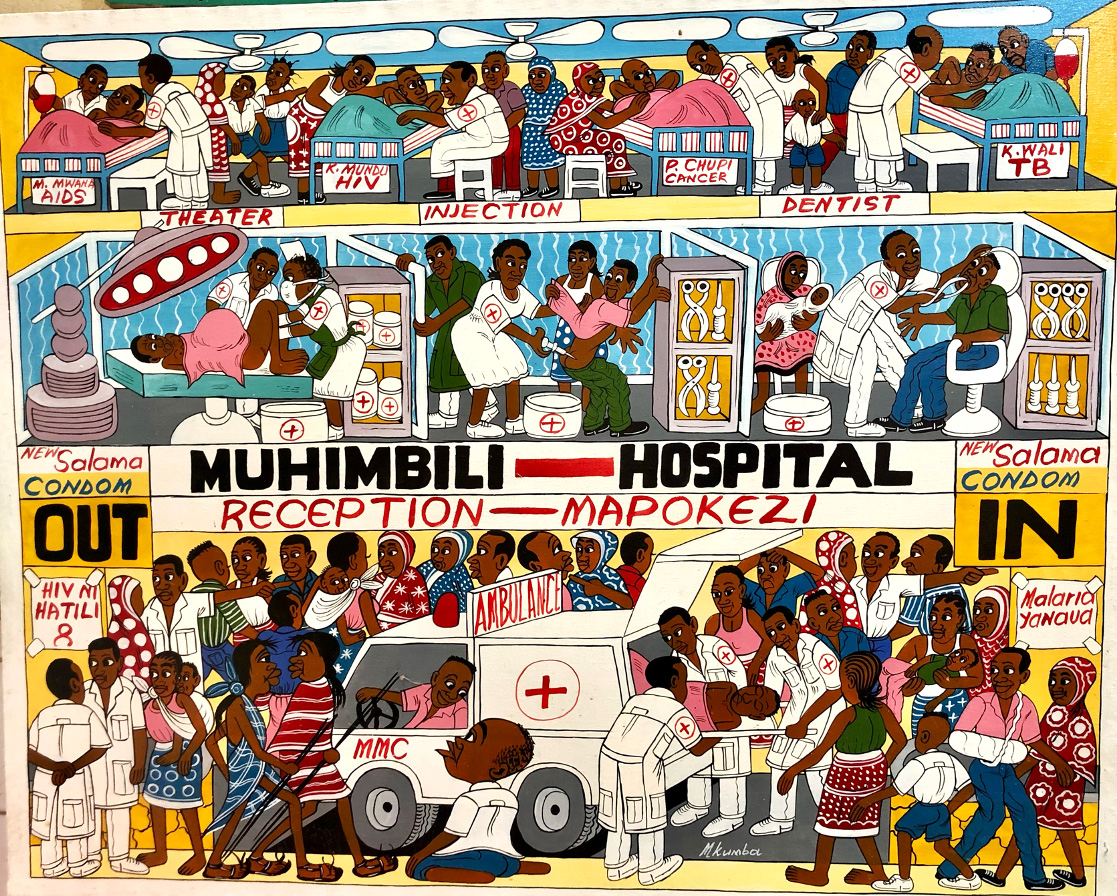
Sathvik R. Namburar MED ‘22
James Stickler Clinical Elective in Global Health
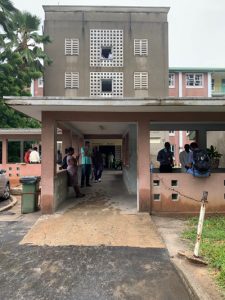
At Muhimbili, each family’s ability to pay for services was at the forefront of providers’ minds. In 2019, only 32% of Tanzanians were covered by health insurance. Therefore, at Muhimbili, providers often discuss with patients and their families which tests to order and which medications to prescribe, calibrating each patient’s plan with financial considerations in mind.
In a similar vein, among providers at Muhimbili, there is also a greater emphasis on history taking, physical exam skills, and diagnostic reasoning over ordering medical tests. As a result of my rotation at Muhimbili, my differential diagnosis for a symptom such as “cough” became broader - and clarifiers such as wet vs. dry cough, color of mucus produced, and so on, would help me distill down the diagnosis further. Instead of simply ordering a chest X-ray or lab tests for someone with a cough, like we do in the US, I learned that a good history alone is often enough to successfully diagnose a patient.Unlike in the US, where patients usually make their own decisions, in Tanzania, I often observed that important medical decisions were family affairs. Medical information and progress updates for each patient were given to a group of family members at a time, who would then confer and collaborate with the patient for decision making. Now that I have returned to the US, I am more aware of family dynamics and that each patient may have a unique approach to decision-making informed by their cultural background.
I hope that every medical student has the opportunity that I was given. My experiences at Muhimbili were among the most fulfilling of my medical school education.
